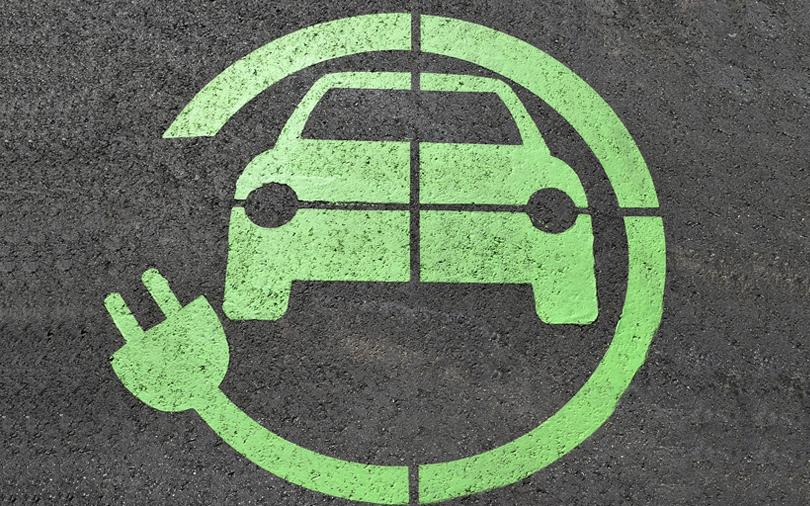 The central government on Friday said it would provide income-tax deduction of Rs 1.5 lakh on the interest paid on loans taken to purchase electric vehicles as well as reduce Customs duty on certain parts.
The central government on Friday said it would provide income-tax deduction of Rs 1.5 lakh on the interest paid on loans taken to purchase electric vehicles as well as reduce Customs duty on certain parts.
This income-tax deduction amounts to a benefit of around Rs 2.5 lakh over the loan period, finance minister Nirmala Sitharaman said while presenting the Union Budget 2019-20 in the Lok Sabha.
The government would also pay attention to the manufacturing of lithium ion batteries. “We want to develop India as a manufacturing hub for electric vehicles and want to encourage the purchase of these vehicles,” said Sitharaman.
Her statement comes a day after the Economic Survey urged the government to develop the nation into a manufacturing centre for electric vehicles and related components.
On a scheme for adoption and manufacture of hybrid and electric vehicles, which started from April with an outlay of Rs 10,000 crore for three years, Sitharaman said, “Only advanced battery and registered e-vehicles will be incentivised under the plan, with greater emphasis on providing affordable and environment-friendly public transport options for the common man.”
"The main objective of the scheme (Phase-II of FAME or Faster Adoption and Manufacturing of (Hybrid &) Electric Vehicles) is to encourage faster adoption of electric vehicles by way of offering upfront incentive on purchase of electric vehicles and by establishing the necessary charging infrastructure for electric vehicles," the minister said in her speech.
The government has already moved the Goods and Services Tax (GST) Council to lower the GST on electric vehicles from 12% to 5%.
The government had recently issued a set of guidelines to set up charging stations for electric vehicles across the country, outlining ways to build such fuelling points every 25 km. The Centre expects 25% of the total vehicles on roads to be electric vehicles by 2030.
Besides electric vehicles, the government also proposed to boost defence manufacturing, automobiles, electronics, semiconductor fabrication and batteries, and medical devices. Defence equipment will be exempted from Basic Customs Duty. The customs duty has been reduced for certain medical raw materials such as inputs for artificial kidney and disposable sterilised dialyser.
Manish Sharma, president and chief executive, Panasonic India and South Asia, said, “From a consumer electronics industry perspective, the move to increase Basic Customs Duty on indoor and outdoor unit of split system air conditioners from 10% to 20% and CCTV cameras and IP cameras from 15% to 20% is a positive step forward.” Sharma added, “This indicates the government’s focus on boosting manufacturing. Saying that, we were also expecting reduction/deletion of Basic Customs Duty on open cells (TV) and reduction of GST for TVs above 32 inches to 18%; and bringing under the 12% slab efficient products like air conditioners and refrigerators with a rating of four stars and above.”
On the other hand, the minister proposed to increase the import duty on gold and other precious metals to 12.5% from 10%.
The Basic Customs Duty has been increased on items such as cashew kernels, PVC, tiles, automobile parts, marble slabs, optical fibre cables, and CCTV cameras.
Sitharaman also said that the government is planning to design schemes to invite global companies to set up mega-manufacturing plants in areas such as semiconductor fabrication, solar photo voltaic cells, lithium storage batteries, computer servers and laptops.







